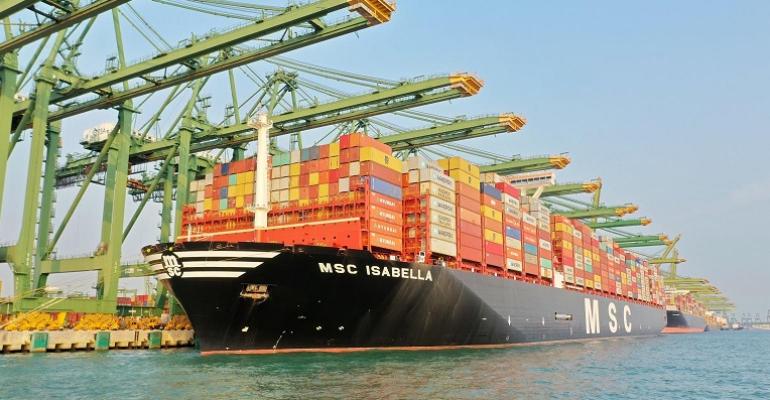The MSAR operational trial on MSC’s boxship fleet will commence in 2021 with subsequent commercial rollout across the MSC global fleet upon success.
MSAR is a low viscosity oil-in-water emulsified synthetic HFO. It is manufactured using proprietary technology to mix heavy residual fuels with small amounts of specialist chemicals and water to bespoke formulation.
Contingent on the outcome of initial activities under the joint development project, MSC and emulsion bunker producer Quadrise will progress and define the project roadmap during the second quarter of 2021 in preparation for the execution of one or more trials commencing in the second half.
“MSC is looking forward to working with the Quadrise team under the joint development agreement in 2021 to scope out the operational trials of MSAR on our container vessels. We are particularly interested in the potential environmental benefits of MSAR and bioMSAR that, alongside the economic benefits, reflect our approach to operating a modern MSC fleet, and fit well with our overall future fuels strategy,” said Prabhat Jha, group managing director and ceo of MSC Shipmanagement.
As with MSAR, Quadrise’s bioMSAR combines conventional MSAR technology and fuel with renewable glycerol to produce an oil-in-water emulsified synthetic HFO with lower emissions, including 20-30% less carbon dioxide.
Jason Miles, ceo of Quadrise, commented: “We believe that MSC's large modern fleet installed with electronic engines and, in some cases, exhaust gas cleaning systems (scrubbers) is well positioned to realise the economic and environmental benefits of MSAR and bioMSAR and we look forward to realising the project and getting the trials underway in 2021.”
Copyright © 2024. All rights reserved. Seatrade, a trading name of Informa Markets (UK) Limited.
Add Seatrade Maritime News to your Google News feed.  |

